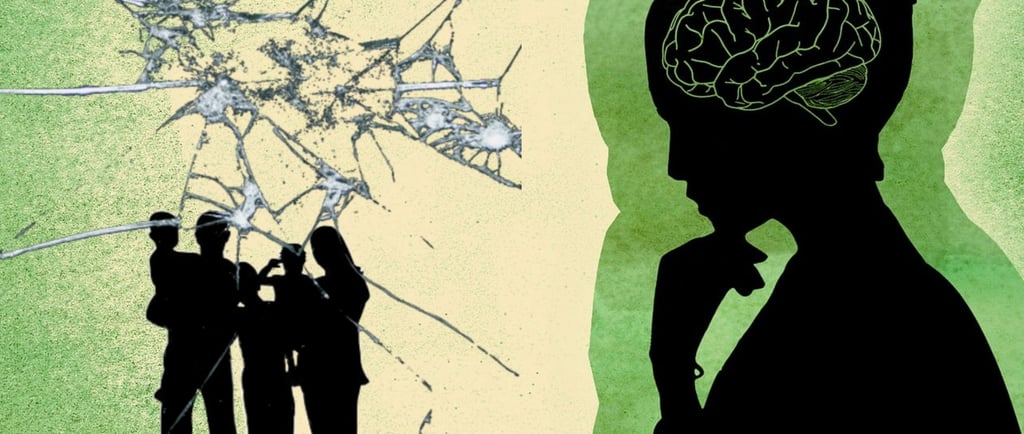You Are Not Alone: If You Lived in a Dysfunctional Family
For anyone who grew up in a dysfunctional family, those words—“You are not alone”—can feel both comforting and unfamiliar. Dysfunction often thrives in silence, in secrets, in shame.
H&H
4/6/20252 min read


You Are Not Alone: If You Lived in a Dysfunctional Family
For anyone who grew up in a dysfunctional family, those words—“You are not alone”—can feel both comforting and unfamiliar. Dysfunction often thrives in silence, in secrets, in shame. It convinces you that what you experienced isn’t valid, or that you should just “get over it.” But here’s the truth: your story matters. And you’re not alone in it.
What Does “Dysfunctional” Really Mean?
A dysfunctional family doesn’t necessarily mean a family filled with chaos every moment of every day. It can be more subtle—emotional neglect, inconsistent affection, manipulation, substance abuse, constant criticism, or being forced to grow up too fast. Maybe love was conditional. Maybe no one really saw you.
If you felt like the adult in the room when you were just a child… if you had to walk on eggshells to keep the peace… if you learned early that your feelings didn’t matter—then chances are, your family dynamic was dysfunctional. And recognizing that isn’t about blame—it’s about healing.
The Silent Burden
Growing up like this can leave deep scars. It can make trusting others hard. It can make loving yourself feel impossible. You might carry anxiety, perfectionism, or the need to constantly prove your worth. Or maybe you shut down emotionally to survive.
What’s important to understand is this: your reactions were natural responses to an unnatural environment. You were doing what you needed to do to feel safe, even if it didn’t look healthy.
The Healing Begins with Truth
Healing doesn’t mean pretending it never happened. It means looking at your past with honesty and tenderness. It means validating the inner child who didn’t have a safe space. It means unlearning toxic patterns and learning what real love looks like—including love for yourself.
Therapy, support groups, books, journaling, safe relationships—they can all help. But most of all, healing begins when you realize you no longer have to carry this alone.
You Are Not Alone
So many people are silently walking around with similar pain. So many others get it—the confusion, the guilt, the longing, the anger. And when we begin to talk about it, the shame begins to loosen its grip.
If you lived in a dysfunctional family, you might feel broken. But you are not broken—you are wounded, and wounds can heal. There is strength in you. There is hope.
And there is a whole world of people who understand.
You are not alone.
Take Care,
Team H&H






